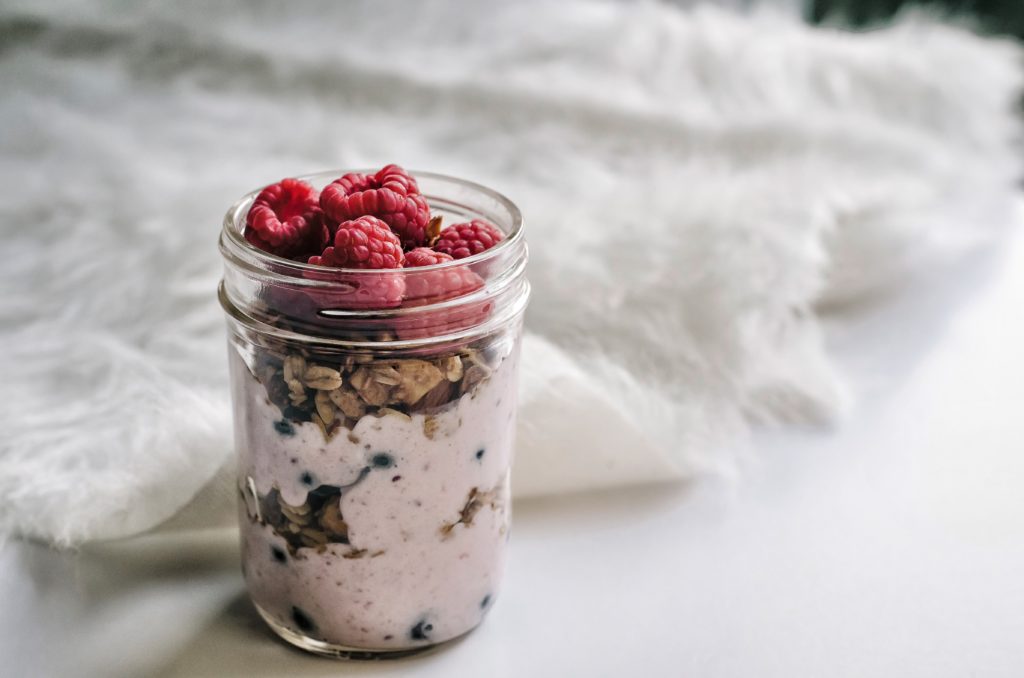We know that it’s easier to get sick during colder months but do you know why? Our resident naturopath, Inka, explains why we are more likely to catch colds and flus in winter and how you can reduce your risk.
Less exposure to sunlight
Our body absorbs vitamin D from sunlight, which is why vitamin D is sometimes known as the ‘sunshine vitamin’. Vitamin D helps the body to absorb and retain calcium and phosphorus, critical for building bones and maintaining bone health, as well as supporting healthy immune function. Whilst it can vary from person to person, it is generally agreed that most people need around between 1000-4000 IU of vitamin D each day to maintain sufficient blood levels.
Unfortunately, as the days become short, wet and cloudy, we have less exposure to sunlight leading many people to become low in vitamin D.
Symptoms of being low in vitamin D include:
- Feeling fatigued and sluggish
- More susceptible to broken bones and stress fractures
- Low immunity, recurring colds, flu and viruses
- Muscle pain and aches
Regular sun exposure – 10-30 minutes exposure to the sun in the middle of the day several times a week – is the most natural way to get enough vitamin D. However, this is more challenging in winter when sunlight levels are low or the cold, wet weather prevents us from going outside.
Vitamin D is only found in a limited number of foods such as fatty fish and fish liver oils. There is a small amount of Vitamin D found in egg yolk, cheese, beef liver and mushrooms; as well as in fortified milks, cereals, yoghurt and orange juice.
If you cannot get enough vitamin D through foods and regular exposure to sunlight, a vitamin D supplement – available in either capsule or spray – may assist in boosting your immunity through winter.
Spending more time indoors
During winter we tend to spend more time indoors, in close proximity to other people who could be carrying bugs and viruses.
People with the flu can be infectious one day before their symptoms present and up to five days after being sick. So, you could be around someone infectious before they’re even showing signs of being sick!
Colds and flus can be transmitted by touching surfaces like door handles, handrails, buttons and remotes and then touching your eyes, nose or mouth. To reduce your risk of catching bugs during winter, consider wearing a facemask if you cannot physically distance yourself from other people, wash or sanitise your hands frequently, and don’t share utensils, cups or water bottles.
Additionally, fermented foods such as kefir, sauerkraut, tempeh, miso, kimchi, yoghurt and kombucha are rich in probiotics (good bacteria) that can help support your immune system.
Viruses transmit more easily in cold weather
Cold weather doesn’t cause colds and flus but colder temperatures provide ideal conditions for viruses to flourish. Viruses such as influenza and rhinovirus (the common cold) thrive in dry, cold conditions. Viruses can stay airborne and travel further in colder temperatures than they do in the heat, making it easier to spread from person to person.
Additionally, the cold air can dry up our nasal passages, slowing down our ability to clear mucus from our noses, which makes it easier for the viruses to invade and infect.
A humidifier can add moisture to the air helping to prevent the nasal passages from drying out, thus providing a more protective barrier. By creating a moist environment, humidifiers may also make it more difficult for the viruses to stay airborne and transmit through the air.
Prevention is key
Go Vita Ballarat Naturopath Inka, says that prevention is better than remedying. “As the weather gets colder, we want to increase our levels of vitamin D, vitamin C and zinc; and take probiotics to support the immune system through the gut.”
Inka suggests that increasing our intake of vitamin-rich foods and taking supporting supplements consistently can help reduce the likelihood or severity of winter colds and flus.
If you need advice on how to support your immune system this winter, we always have naturopaths on the floor to help with general queries. For a thorough health assessment and specifically prescribed supplements, our naturopaths Inka and Jasmine are also available for private consultations.








